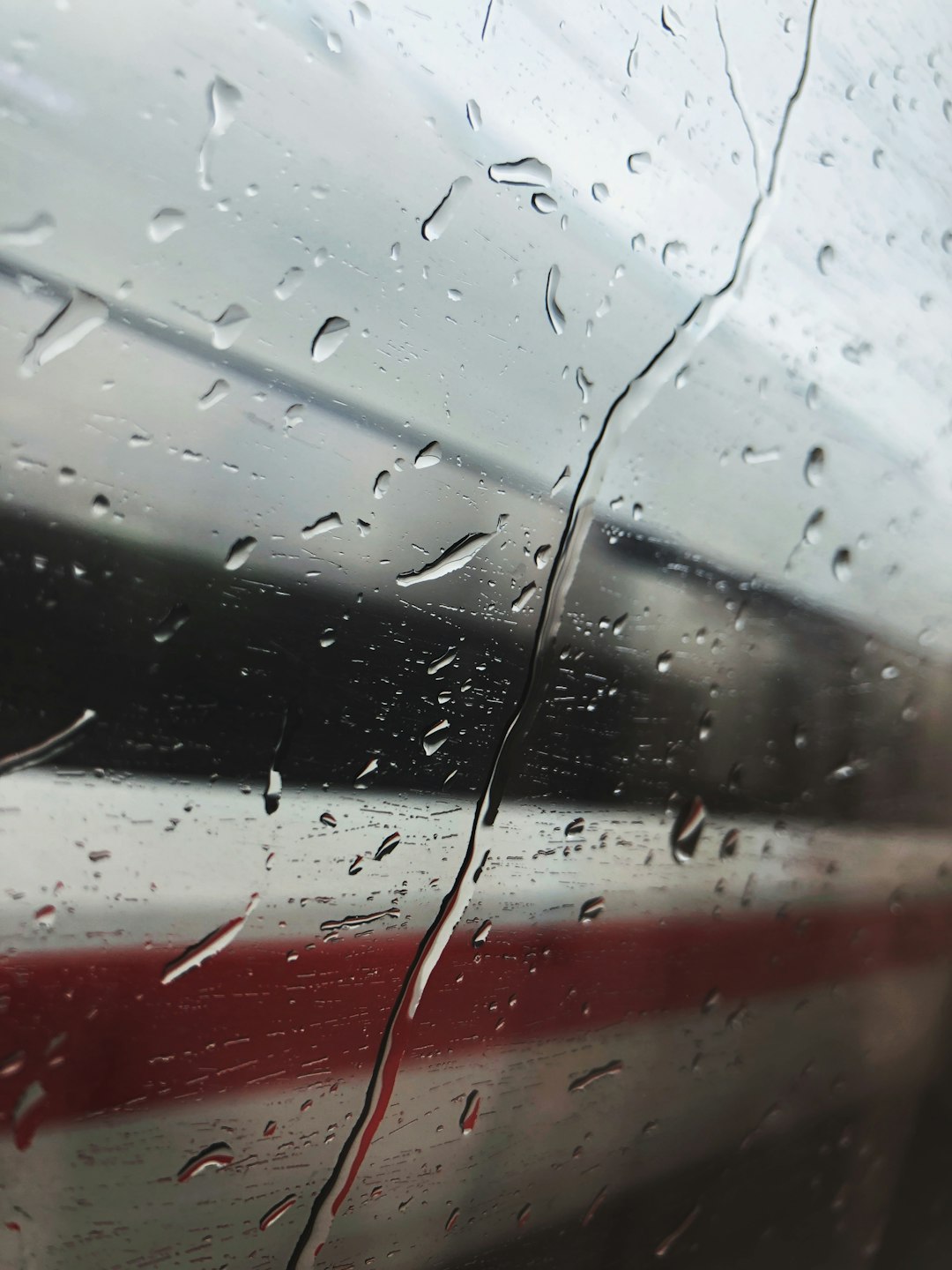The demise of German punctuality
Some 45,000 trains that didn’t even make it out of the depot between the summer of 2020 and summer 2022.

The Story
According to older members of German society, you used to be able to set your watch by the trains. The timeliness of trains was one of the strengths of a country that placed such a high value on organisation and punctuality.
But those days are long gone.
State-owned rail company Deutsche Bahn is rarely out of the headlines these days - and always for the wrong reasons. The nadir was hit last November, when close to 40 percent of all intercity connections arrived late (at least six minutes behind schedule) - cementing a reputation for failure that feeds into a wider debate on Germany’s infrastructure.
That number hardly does justice to the full extent of the chaos, though. Trains that are cancelled don’t even make it into the punctuality statistics. You can add to the delays a record 45,000 trains that didn’t even make it out of the depot between the summer of 2020 and summer 2022 - another new record.
Meanwhile, customers increasingly complain about overcrowded carriages, out-of-service toilets and confusion over seat reservations.
There doesn’t appear to be a single cause for this malady. But a combination of crumbling infrastructure and staff shortages is key. Der Spiegel reports that out-dated signal boxes are currently causing around 100 delays every day at a single junction outside Frankfurt.
Deutsche Bahn has defended its record by listing recent set-backs that were out of its control. First, there was the government’s decision to offer a €9 monthly pass for all local trains, which overwhelmed the rickety regional network. Then there were the mysterious sabotage attacks on cables near Berlin and Essen. Lastly, a freight train loaded with propane crashed on a busy track at the end of the year, leading it to close for almost a month of repairs.
What has the reaction been?
It is hard not to veer into satire when writing about German trains, writes Eric Gujer in the Swiss Neue Zürcher Zeitung. But the more often one recounts one's adventures, the more they turn into heroic deeds, not unlike a train ride through India. “Welcome to the Third World, welcome to Germany.”
For Gujer, the chaos on the tracks is just one symptom of a deeper malaise in German society, where the traditional strengths of pragmatism and efficiency have been replaced by naval-gazing about identity politics and social justice.
“Politicians are constantly debating maternity pensions, child care allowances, parental leave and social welfare, but rarely do they discuss the armed forces or the state of infrastructure,” he complains.
Joachim Käppner of the liberal Süddeutsche Zeitung reminds readers that the Ampel government had ambitious plans to persuade commuters to give up their cars by investing in a modern rail network.
But what will Deutsche Bahn’s terrible punctuality mean for those ambitions, Käppner asks. “It is hardly going to help the climate if people take the precaution of travelling by car when they visit family for holidays. After all, you want to be sure that you actually arrive at your destination.”
What next?
The bad news is that things are going to get worse before they start getting better.
Major redevelopment work is set to begin next year on several of the country’s busiest tracks. The Riedbahn between Frankfurt and Mannheim will be closed for six months in 2024 during which it will be totally repaired and digitalised. The construction work will set off a chain reaction of longer travel times across much of the southwest.
Redevelopment work on a further seven lines will follow before the end of the decade.
So, if you are reading this newsletter on an overcrowded platform, wondering when your train will arrive. Don’t worry, it should be there in around seven years’ time.



And when your train does eventually arrive then….. Vergessen Sie nicht Ihre Messerschutzweste !